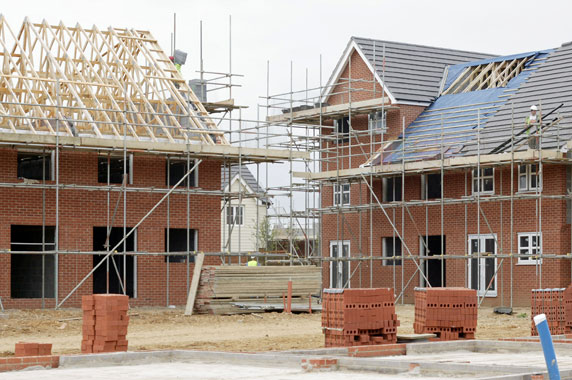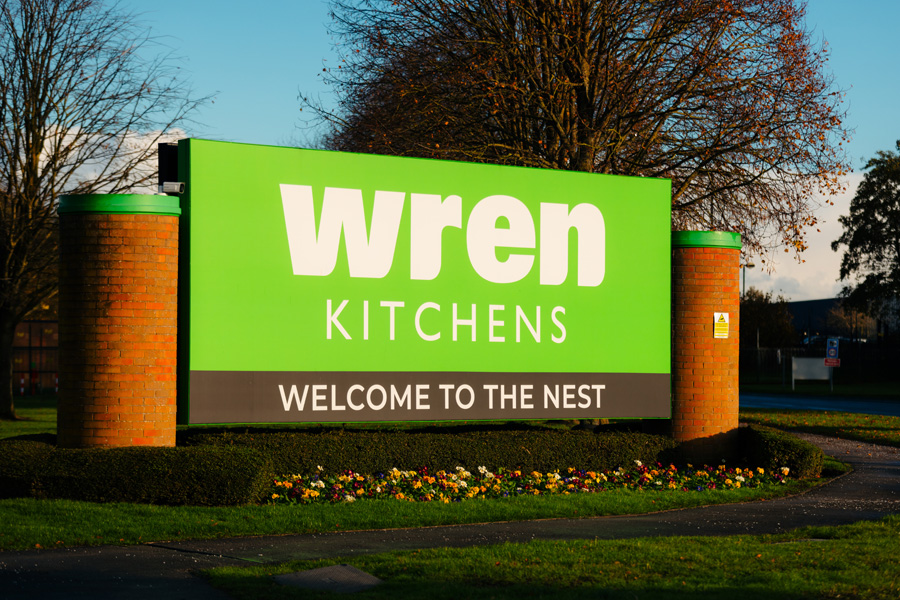The RIBA has responded to the Government’s White Paper – ‘Planning for the Future’ – outlining reforms to the country’s planning system.
The Government has set out plans to overhaul outdated planning system and reform the way the country builds and it plans to streamline process, cut red tape and harness technology to deliver homes faster
It insists that valued green spaces protected for future generations, with more building on brownfield land and that “building beautiful homes with communities at heart of new planning system” is the main priority. There will also be a 30% discount through First Homes, with an emphasis on key workers.
But RIBA President, Alan Jones, said: “While there’s no doubt the planning system needs reform, these shameful proposals do almost nothing to guarantee the delivery of affordable, well-designed and sustainable homes. While they might help to ‘get Britain building’ – paired with the extension of Permitted Development – there’s every chance they could also lead to the creation of the next generation of slum housing. The housing crisis isn’t just about numbers, and deregulation won’t solve it.

“If the government is serious about addressing the dominant position of large housebuilders and the lack of quality social housing, the Secretary of State needs to make changes to the tax system, look at why land approved for development lies untouched for years, and give local authorities power and resource to promote and safeguard quality.
“The commitment to make all new homes carbon neutral by 2050 also needs be bought forward radically – we simply cannot go on building homes that damage the environment and leave people at risk of fuel poverty for another thirty years.
“These reforms might seem radical, but they won’t even scratch the surface when it comes to building the homes we need.”
Meanwhile the FMB welcomed the “much needed opportunity to speed up the planning process” and help diversify the housing market, but warned that any shake-up must not compromise the quality of the homes built.
Brian Berry, Chief Executive of the FMB, said: “Local, small builders are ready and waiting to play their part in delivering the homes, jobs, and growth we need if we are to ‘build, build, build’ our way to recovery. But the increasing complexities and costs of the planning system in England have held them back. Alongside struggles to access affordable land, 64% of developing small builders cite the planning system as the biggest barrier they face.
“We need a simpler and more responsive planning system, but I am clear that this shouldn’t compromise the quality of the homes that are built. Master Builders compete on quality, not on price, and have an important role to play in a more diverse housing market. We must also ensure local planning authorities are supported to respond to these changes, so that any shake-up doesn’t lead to further short-term delays in applications.
“If we get this right, making it easier for SME house builders to play a role will help support jobs, provide training opportunities for apprentices, and lead to higher quality, green homes that are fit for the future.”

Cllr James Jamieson, Chairman of the Local Government Association, said councils are committed to ensuring new homes are built and communities have quality places to live.
“It is vital that these are delivered through a locally-led planning system with public participation at its heart which gives communities the power to ensure new developments are of a high standard, built in the right places, and include affordable homes,” he explained. “We also need to ensure that new homes are supported by new funding for community infrastructure such as schools, playgrounds and roads.
“Nine in 10 applications are approved by councils with more than a million homes given planning permission over the last decade yet to be built. The system needs to ensure planning permissions are built. Any loss of local control over developments would be a concern. It would deprive communities of the ability to define the area they live in and know best and risk giving developers the freedom to ride roughshod over local areas.
“We will need to look properly at these proposals in detail, but councils share the aspiration of improving the current planning system to provide greater certainty for communities, encourage brownfield development, to deliver better infrastructure and increase local involvement.
“It is vital that Government fully engages with and takes advantage of the expertise in local government to ensure that their aspirations of an improved system works in practice. We look forward to responding to this consultation in detail and working with government to ensure any reforms improve the system and protect the rights of communities to shape the areas they live in.
“If we are to truly fix our chronic housing shortage, councils need the tools, powers and flexibilities to plan for and deliver the quality homes and places communities need."





















